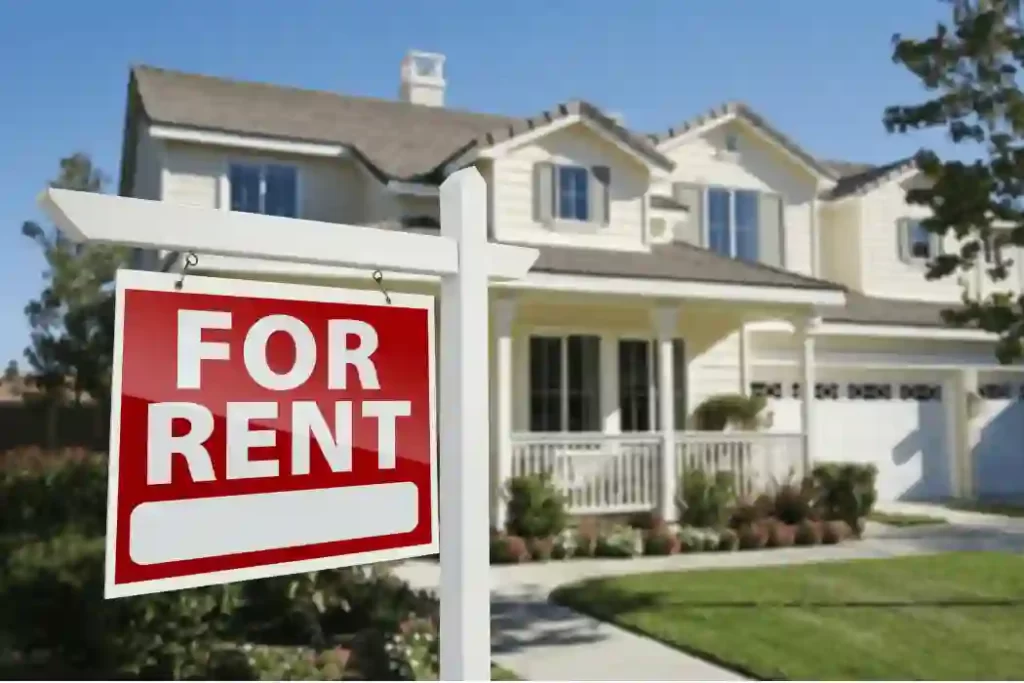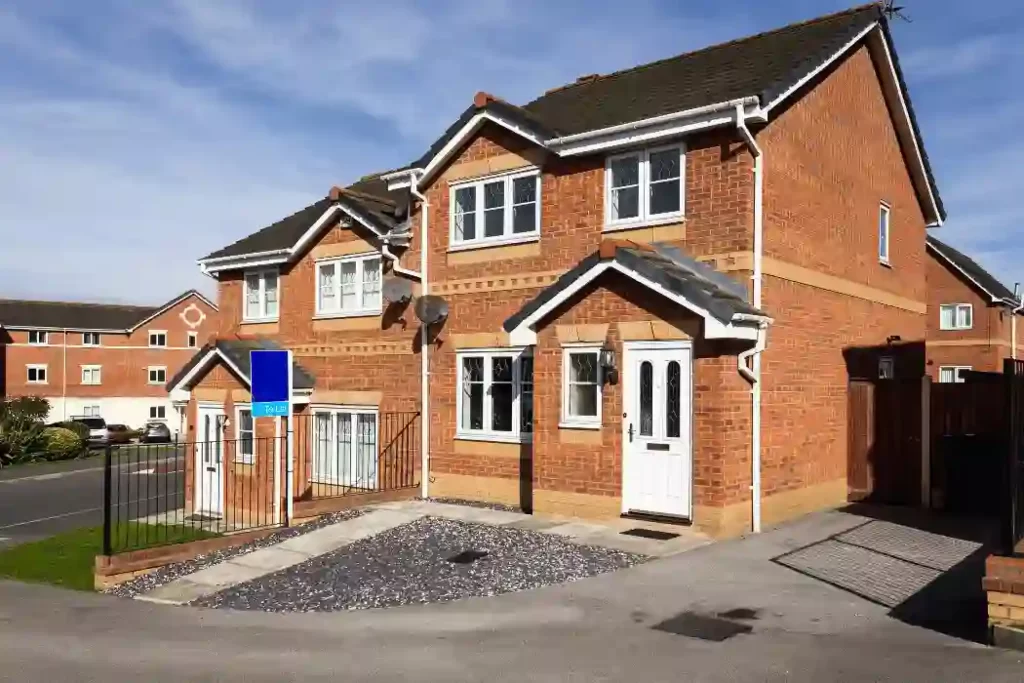For many people, the choice between renting a home or buying a property with a mortgage is one of the biggest financial decisions they will make in their lifetime. Both options have their advantages and drawbacks, and the decision ultimately depends on your individual circumstances, financial goals, and priorities. In this article, we will explore the pros and cons of renting and buying a home, so you can make an informed decision about which option is better for your finances.
Renting
Renting is the process of living in a property owned by someone else and paying them a monthly fee for the privilege. Some people choose to rent because they prefer the flexibility of being able to move around easily, while others may not have the financial resources to buy a home. Here are some of the advantages and disadvantages of renting:
Advantages of Renting
- Flexibility – One of the most significant advantages of renting is the flexibility it offers. If you’re not sure where you want to live long-term or have a job that requires frequent relocation, renting allows you to move around without worrying about selling a property or paying off a mortgage.
- Lower upfront costs – Renting requires far fewer upfront costs than buying a home. Typically, you only need to pay a security deposit and your first month’s rent to move into a rental property.
- No maintenance costs – When you rent a property, you are not responsible for any of the maintenance costs. Your landlord is responsible for any repairs or upkeep needed on the property. After months of planning and budgeting, we finally embarked on our long-awaited home renovation, transforming our outdated space into a modern and inviting haven.

Disadvantages of Renting
- No equity – One of the biggest drawbacks of renting is that you are not building any equity. The money you spend on rent is essentially gone forever, whereas a mortgage payment goes towards paying off the principal of the loan and building equity in the property.
- No control – As a renter, you have no control over the property you’re living in. Your landlord can sell the property, decide not to renew your lease, or impose new rules at any time.
- No tax benefits – Renting does not offer any tax benefits, whereas homeowners can deduct their mortgage interest and property taxes from their taxable income.
Buying with a Mortgage
Buying a property with a mortgage involves taking out a loan to purchase a home and paying it off over a set period of time. Many people choose to buy a home because they see it as an investment and a way to build long-term wealth. Here are some of the advantages and disadvantages of buying a home with a mortgage:
Advantages of Buying with a Mortgage
- Building equity – One of the most significant advantages of buying a home with a mortgage is that you are building equity with every mortgage payment you make. As you pay off the loan, you own more and more of the property.
- Potential for appreciation – Real estate prices tend to appreciate over time, which means that your property could increase in value over the years. If you sell your property at a higher price than you bought it for, you will make a profit.
- Tax benefits – Homeowners can deduct their mortgage interest and property taxes from their taxable income, which can significantly reduce their tax burden.
Disadvantages of Buying with a Mortgage
- High upfront costs – Buying a home with a mortgage requires a significant upfront investment. You’ll need to come up with a down payment, which is typically 20% of the purchase price of the property.
- Maintenance costs – When you own a property, you are responsible for all the maintenance and repairs needed. This can be costly, especially if you’re not handy or if the property requires significant renovations.
- Less flexibility – Buying a property with a mortgage ties you down to a specific location for a long period of time. If you need to move for work or personal reasons, you’ll need to sell the property or rent it out, which can be a complicated and time-consuming process.
Which Option is Better for Your Finances?
The decision of whether to rent or buy a home ultimately depends on your individual financial circumstances, goals, and priorities. Here are some factors to consider when making your decision:
- Financial stability – Do you have a stable income and enough savings to afford a down payment and the ongoing expenses of owning a home? If not, renting may be a better option until you have a more stable financial situation.
- Long-term plans – How long do you plan on living in the property? If you anticipate moving around frequently or only plan on staying in the property for a few years, renting may be a better option. However, if you plan on living in the property for the long-term, buying with a mortgage may be a better option.
- Lifestyle preferences – Do you value flexibility and the ability to move around easily, or do you prefer stability and the security of owning a home? If you value flexibility, renting may be a better option. However, if you prefer stability and want to invest in a long-term asset, buying with a mortgage may be a better option.
- Tax considerations – If you’re interested in tax benefits, owning a home with a mortgage may be a better option, as you can deduct your mortgage interest and property taxes from your taxable income. Renting, on the other hand, does not offer any tax benefits.
- Maintenance and upkeep – Are you handy and willing to take on the responsibility of maintaining and repairing a property, or would you prefer to leave that to a landlord? If you don’t want to deal with the maintenance and upkeep of a property, renting may be a better option. However, if you’re willing to take on that responsibility, owning a home with a mortgage may be a better option.
Conclusion
The decision of whether to rent or buy a home with a mortgage ultimately depends on your individual circumstances, goals, and priorities. Both options have their advantages and disadvantages, and it’s important to carefully consider these factors before making a decision. If you’re unsure which option is right for you, it’s always a good idea to consult with a financial advisor or real estate professional who can provide you with more information and guidance.

